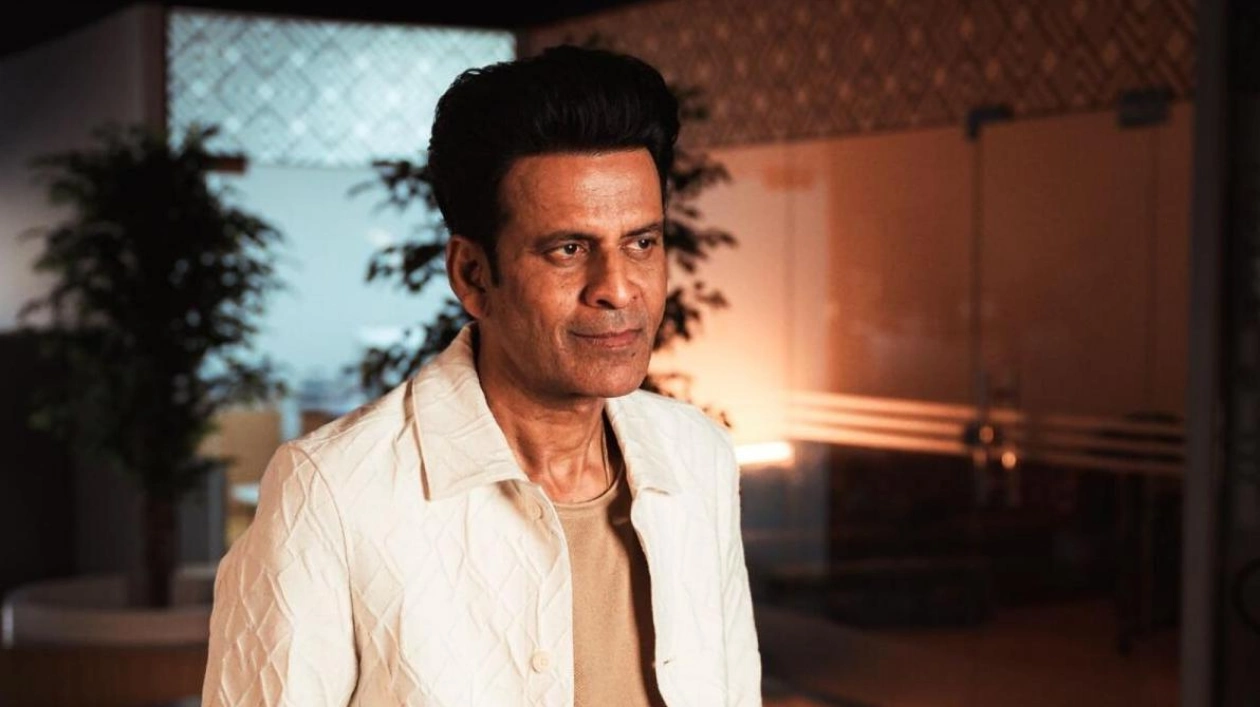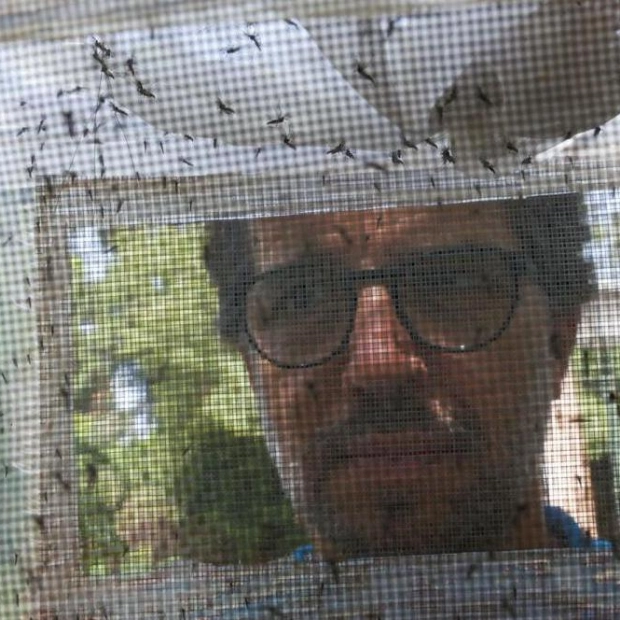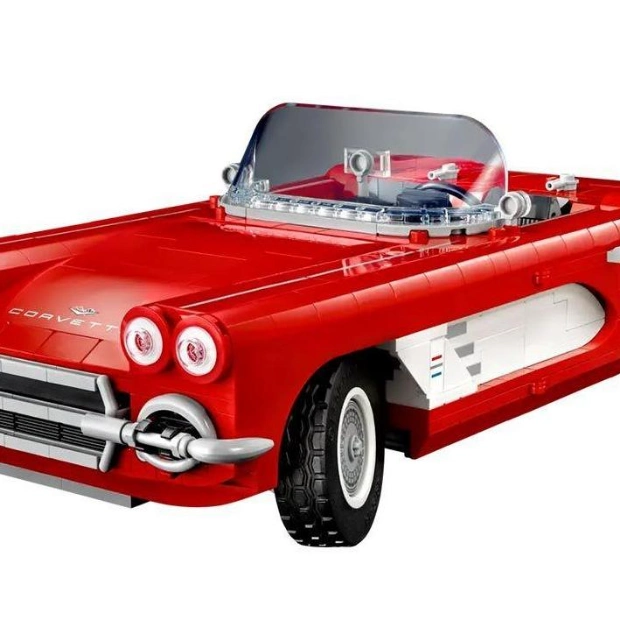Hailing from modest beginnings in a small village, Manoj Bajpayee’s love for acting was kindled early in his life, despite initial doubts about pursuing such ambitious dreams. Despite facing rejection and setbacks, he held onto unwavering self-belief, confident that his talent would eventually shine through. Born in Bihar, India, Bajpayee initially struggled but gained fame with his breakthrough role as Bhiku Mhatre in Ram Gopal Varma's cult classic Satya (1998), earning widespread acclaim and a National Film Award.
As he gears up to captivate audiences with his 100th film, Bhaiyya Ji, the actor reflects on his journey, reminiscing about the purity of his theatre days in Delhi, where dedication to the craft surpassed the distractions of urban life. Delving into the world of his upcoming action-thriller, he sheds light on the resurgence of the genre in Indian cinema and discusses his fascination with exploring the revenge mindset deeply rooted in the cultural fabric of small-town India.
Excerpts from an interview:
Welcome to Dubai! What have you been up to on this trip, and what do you plan for the rest of it? It's a very hectic trip for me. We've been promoting this film in India, and now Dubai is our destination. Let's hope and pray that everything goes well. After this, we’ll head back to Delhi, and then there are many more cities lined up.
As an artist, what inspires you the most about this city? I’m always amazed by how the city keeps changing. With every visit, I find something new. The shape and culture of the city are ever-evolving. I appreciate that the administration here is very open to all kinds of changes, constantly improving life and the atmosphere. They want the best for their residents.
I read somewhere that your parents named you after the superstar Manoj Kumar. Is that true? Yes, that's completely true (laughs).
Was it always a childhood dream of yours to become an actor? As far back as I can remember, I always wanted to be an actor. But I was born and raised in a small village, and later studied in a small town where acting was looked down upon. I kept this dream to myself, thinking my parents wouldn’t let me pursue it. But now, here I am, celebrating my 100th film with you in Dubai.
If you could go back to your theatre days in Delhi, what do you miss from that phase? The pure learning experience and the passion for it, despite having no money or support. And, of course, the friends. Delhi back then was less crowded and had less traffic. We dedicated so much time to theatre, which was very different from today. Now, there are too many distractions, especially with social media. Learning back then meant being fully immersed, without any distractions. We had that luxury when there were no mobile phones and only one TV channel, Doordarshan.
Taking you back to your journey, when you first came to Mumbai, the 'City of Dreams', what was your initial thought? I was very scared and nervous. Mumbai is a very different city, it scares you in the beginning. It makes things very difficult for you initially, but if you persist and stick with it for a couple of years, it eventually takes you in. Someone once told me something very beautiful: Mumbai is like the sea. If you throw a pebble into the sea, it will throw it back. If you pick up that pebble and throw it again, the sea will keep rejecting it. But after a few tries, it will take it in. Mumbai is like that. You have to stick with it. You have to believe in yourself and stay committed, knowing that one day you will be accepted, and the city and the industry will give you a lot.
You’ve been candid about facing difficult times and rejections. You once mentioned that you faced three different rejections in the span of just one day. How did you maintain your self-belief through such challenges and not take the rejections personally? I came to Mumbai after doing theatre for many years, so I knew my capabilities. I realised that no success or failure, no acceptance or rejection, can define you as a person or an actor. So, the rejections didn’t break me because I knew what I had to offer. If you start rejecting me just because of the way I look, the way I dress, or because you've seen one shot of mine, then that's not truly me. There’s more to me. You come to know a person’s talent over a few months or a couple of years. I knew what I had, so that self-belief was always there. Those rejections, even three in a day, by God’s grace, could not break me.
Does that become fundamental to your journey when you look back? Yes, it does. But my friends were very scared when they learned that I had been rejected by three projects. For one project, I gave it a shot, and they said, ‘Please change and leave because we feel that you’re not right for the role’. That was very hard. Taking off your costume, putting on your own clothes, and leaving the set while the entire unit is watching you get thrown out is a very difficult experience. But in hindsight, you realise that everything you’ve faced has contributed to the person and the actor you are today.
From then to now, you’ve come a long way. With Bhaiyya Ji being your 100th film, you mentioned wanting to explore the revenge mindset through this project. So, what has this film taught you about vengeance? What I realised is that when you’re in a small town or a village, everyone knows everybody. Coming from a village and having studied in a small town, I understand this well. When you know so many people and see each other every day, how someone behaves with you becomes a matter of prestige. That sense of prestige, self-importance, and honour drives you to behave in extreme ways. The revenge and vindictiveness are all fuelled by that.
But in big cities, if someone mistreats you, nobody will find out. It won’t become a matter of prestige, like it does in small towns. So, the revenge-seeking mindset there is very different. Even though in this film, we couldn't dwell on that aspect as much, it’s a full-on entertainer. It’s packed with action but also very strong emotional content.
Action as a genre seems to be having a moment in the Hindi film industry. What, in your opinion, is causing this shift in audience preferences? Action films need strong emotional backing; otherwise, they fall flat and become mere gimmicks. Another reason for this shift is that mainstream cinema has started missing the representation of villages and small towns. After the pandemic, there’s been a shift in people’s tastes; they now want films they can relate to, showing their culture and roots. They want their own heroes and stories, not just urban tales with Westernised looks. Even with those faces and good looks, let’s focus on our own people. I think audiences will be very happy with that.
From Satya to Bhaiyya Ji, how has the action genre evolved? The commercial films, despite all the changes, have always survived. With Satya, what happened was that the style of storytelling shifted towards realism. It’s still evident and prevalent in our industry, which is good. Ram Gopal Verma has changed our films. But I really feel we need to go back and watch Amitabh Bachchan’s films, Vinod Khanna’s, or Shatrughan Sinha’s movies, because those were the films, those were the heroes, and those were the stories that were talking about the common man, when the common man became larger than life. We need to revisit that.
Lastly, what are you looking forward to after your 100th film? I’m currently shooting for Family Man Season 3, which will be released next year. Two of my independent films are complete and making festival rounds. I love doing a mix of everything, including independent films, middle-of-the-road cinema, mainstream action films like Bhaiyya Ji, and series like Family Man. I love acting and creating different kinds of characters. When preparing for a role, I become completely absorbed in it, forgetting everything else. So, I’m fortunate to do what I love for a living.






